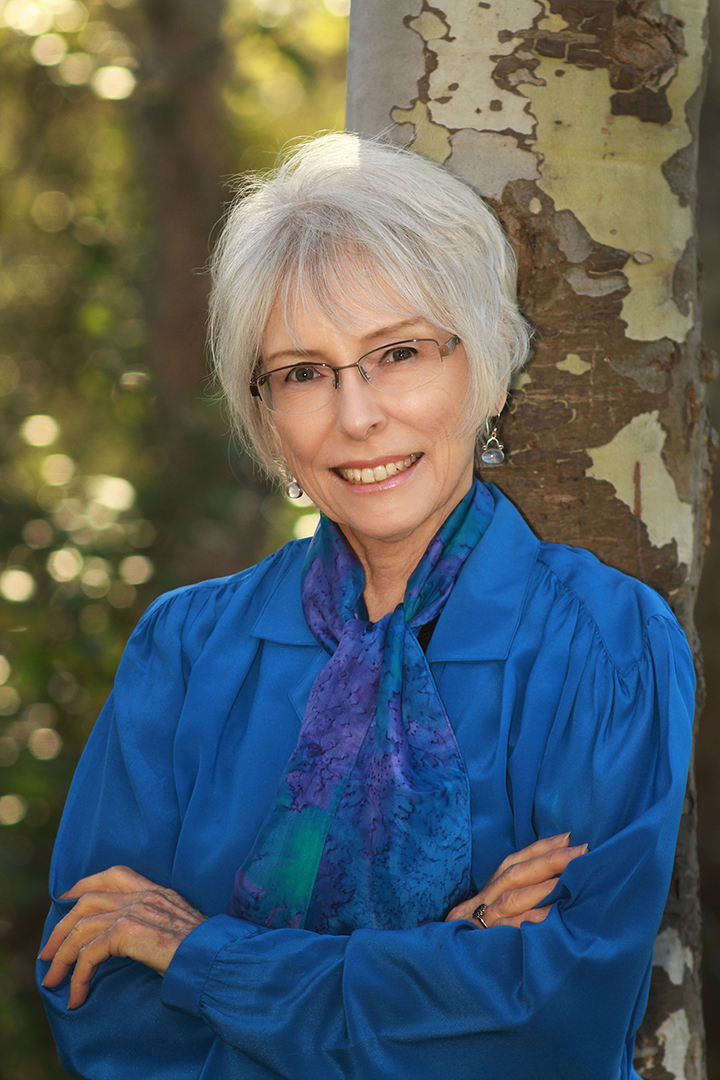
Just give Iowa to China
(Come meet long-time advocate for the homeless, Carla Dawson, at the annual Bishop Dingman Peace Award, March 4 at 6:00 p.m. at Holy Trinity Catholic Church, 2926 Beaver Ave in Des Moines.)
The growth-at-all-costs crowd never ceases to astound me. Take Debi Durham, director of the Iowa Economic Development Authority. Durham has proposed HSB 147, a bill that would allow foreign corporations to own up to 1,000 acres of contiguous farmland.
Iowa used to have strong provisions against foreign ownership of farmland. But the proverbial camel’s nose found its way under the tent in 2017, when foreign entities were allowed to purchase up to 320 acres of contiguous farmland for commercial purposes.
As often happens, the camel now wants to shove its entire head under the tent. Given the money and power behind this trend, is there any doubt that corporate interests will try to continue to erode limitations on who controls our farmland? Continue Reading →

